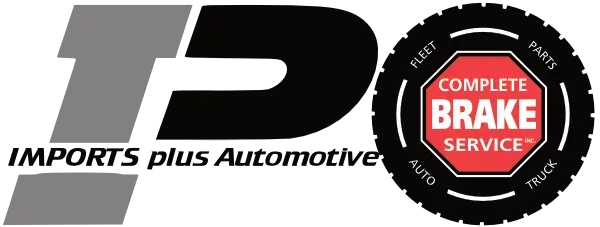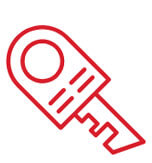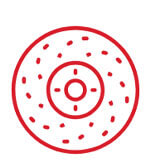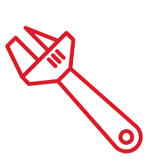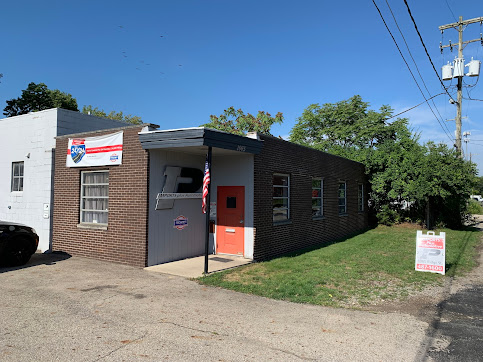Your Dealership Service Alternative
Providing the high-quality, recommended, professional services
vehicles need in Columbus, Ohio.
Auto Repair in Columbus, OH
Welcome to Our Shop -- Imports Plus Automotive
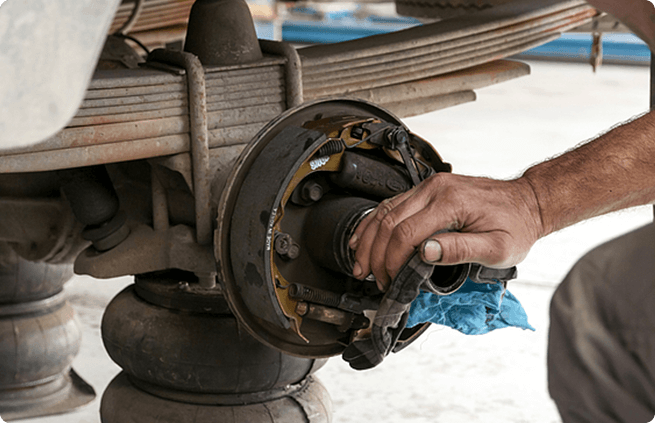
Committed to Excellence
Founded by Brian Portez in 1986 (Complete Brake Service) and Brad Harmer in 2001 (Imports Plus), now seamlessly integrated under Alpha Automotive. Specializing in brake solutions for commercial vehicles, including large trucks, and comprehensive automotive care. We uphold a commitment to honesty, superior customer service, and meticulous repairs for all vehicle types. Led by Brad, our Columbus-based team delivers reliable service and durable parts, backed by decades of expertise to ensure safety and customer satisfaction.
Imports Plus Automotive is proud to be an A+ Rated Business with the Better Business Bureau in Columbus, Ohio. That means that our team is recognized for its commitment to honesty, transparency, fairness, and service. We are here to make your auto repair experience great and ensure you stay safe and comfortable on the road. But we can only do that once we have your vehicle in our shop! If you need to arrange safe transportation to get your car to our facility, call us at (614)221-4888 arrange for TechNet Roadside assistance. We accept appointments by phone or through our online scheduling system, but you don’t need one to get expert care. Stop by our shop when you are in the area, and our technicians will get to work! Find us at 580 West Town St.
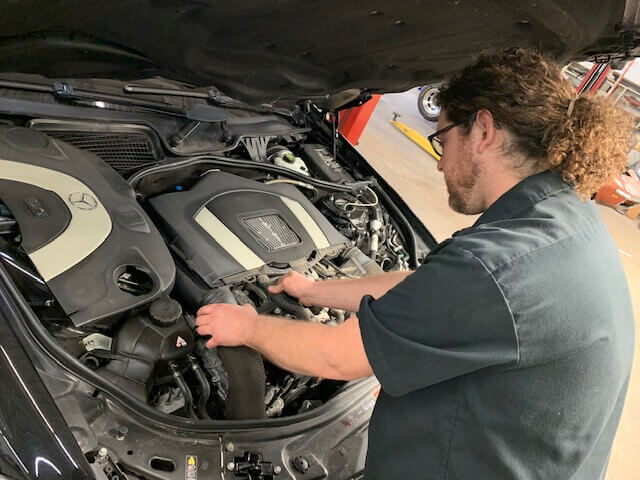
Quality & Dependability
ASE Certified and extensively trained, our technicians have years of experience in the automotive industry, giving them the edge to perform a full range of repairs accurately and quickly. We count on them to provide effective repairs and know that they can get the job done right. To help you see the strength of their skills the way we do, we proudly stand behind their work with a 2-Year Warranty. If your visit with us doesn’t correct the issues of your vehicle, you can return for a correction at no additional cost. That’s the IP Automotive promise! Our technicians are dedicated to providing you with the quality auto care you deserve!

Honesty & Clarity
We encourage drivers to visit our shop for factory scheduled maintenance. Preventative care can make all the difference in the long-term health and success of your car. We believe that you can make the best choices for your vehicle and do not sell our customers on things they do not need. When you visit us regularly, you’ll always know that your car is capable of performing at its peak levels of performance! If we discover issues throughout your vehicle’s lifespan, we always share those openly with you. Honesty and clarity are the foundation of a great auto care experience. Once you know exactly what’s going on with your car, you can make the best choices for it. Our experts are here to guide you and carry out repairs to ensure you always drive the best version of your vehicle.

Domestic & Import
Imports Plus Automotive is a premier auto repair facility for all makes and models in Columbus, Ohio. As our name suggests, we specialize in care for import vehicles from European and Asian manufacturers. The "Plus" in our name is for everything else - domestic & otherwise, our team has the expertise to provide high-quality repairs for any vehicle that enters our shop. Not every driver understands the ins and outs of their car. They simply count on it to work the way it’s supposed to when they start it up! At Imports Plus Automotive, it’s our job to keep cars running reliably for our customers. To do that, we follow the industry’s best practices in all of our services and follow factory recommendations for each model.


